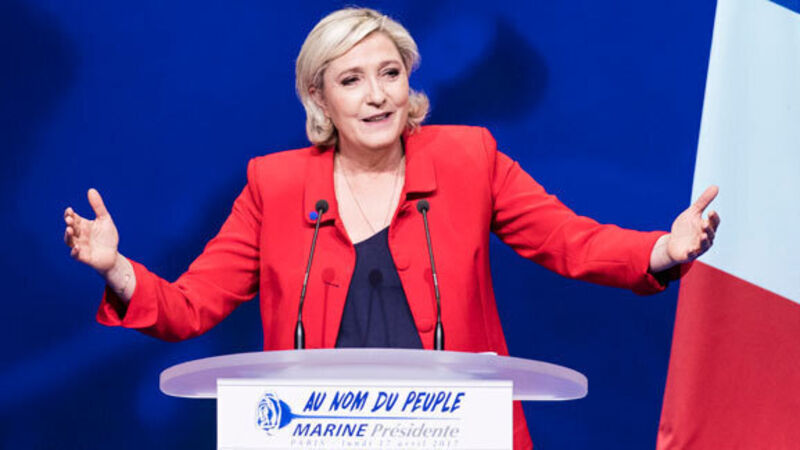Decisive weekend for France and for Europe

They take on a sharpness, a pungency and almost scream warning. Despite that, they are all too often set aside to make room for today’s flights of fancy dressed as political possibilities that might improve people’s lives and lift all boats.
Next Wednesday marks the 80th anniversary of one of the milestone atrocities in human history. Guernica, a Basque town in northern Spain was razed by Nazi German and Fascist Italian warplanes at the request of Franco’s Nationalists. It was a first glimpse of the hell to come for so many other European and Russian towns. It was the first time an undefended town was so devastated by an attack from the air.
















